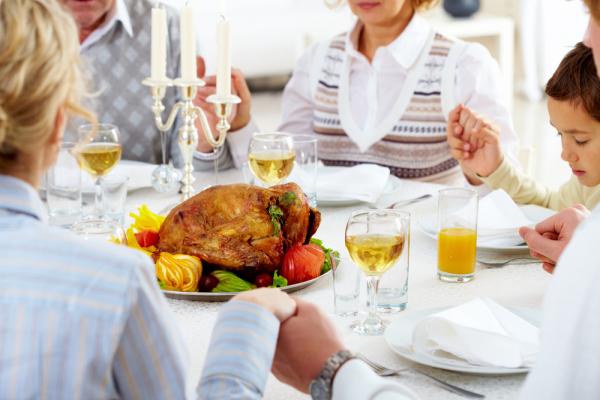It’s that time of year when Thanksgiving reminds us to be thankful. Many people use this time to acknowledge parts of their lives for which they are grateful, whether that means sharing around the Thanksgiving table or posting daily “thanks” on social media. Certainly, we have many reasons to be grateful, from food and shelter, to having choices in our own lives. It is important to jar ourselves out of taking much of what we have for granted.
I want, however, to challenge you think about your reasons to be thankful a little differently. Instead of thinking about the typical “good” parts of life for which you are thankful, consider parts of your life that you can be thankful for even though 1) others may see your reasons as negative or 2) you may see them as trials yourself. Trials or not, consider the redemptive strains present in all areas in your life, not just the ones you would usually say while waiting for someone to pass you the mashed potatoes.
Read the Full Article

